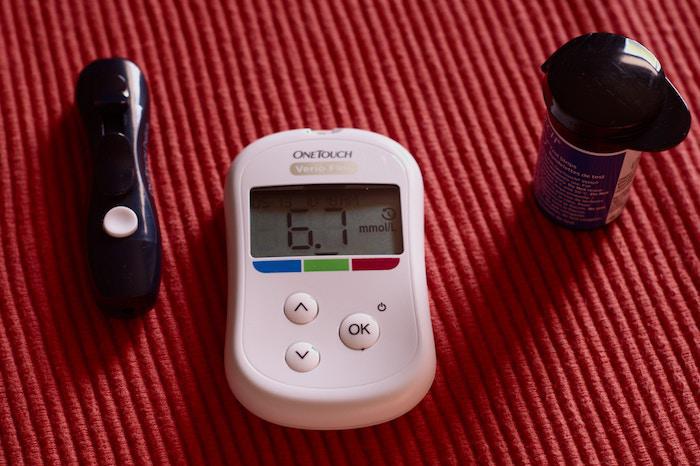When you learn that your child has attention deficit disorder (ADD), first know that you’re not alone. More than 6.1 million children in the United States have ADD and need the support of their families and physicians.
At Castle Hills Family Practice, our experienced medical team provides high-quality care for ADD to help you and your child navigate the challenges of the condition. We also provide resources to help your child thrive academically and socially.
What to know about ADD
ADD is a mental health disorder that affects your ability to focus. A child with ADD may have a hard time paying attention and is easily distracted. They may also struggle to remember things.
Children with attention-deficit hyperactivity disorder (ADHD) experience concentration difficulties. However, this condition also causes hyperactivity issues that make kids feel restless, unable to sit still for any period of time, and prone to reckless behaviors.
As a result of the symptoms of ADD and ADHD, children may struggle to learn in school and appear to have behavioral problems when at home and in social situations.
What to do after an ADD diagnosis
After confirming your child’s diagnosis, our skilled medical providers work closely with you on a treatment plan to reduce the severity of ADD symptoms.
Typically, treating ADD symptoms in kids under the age of six involves behavioral management therapy. At our practice, we also provide educational resources for you as a parent, so you can support your child’s treatment.
Children over six who have moderate to severe symptoms of ADD may benefit from a combination of behavioral therapy and medication. We also offer school management services to help your child feel supported academically and receive the support they need to learn.
While there’s no cure for ADD, the right treatment plan can significantly improve your child’s daily function. Our team continues to monitor your child’s progress with treatment as they get older and can also supervise ADD treatments into adulthood.
How ADD treatments work
There are different types of medications children can take to control ADD symptoms. Three common medications include:
1. Antidepressants
Antidepressants work on the neurotransmitters in the brain to enhance attention and improve mood.
2. Psychostimulants
Psychostimulants also affect the brain’s neurotransmitters to increase alertness and energy levels.
3. Non-stimulant drugs
Non-stimulant drugs are available for kids who can’t take other kinds of ADD medications because of unwanted side effects.
Behavioral therapy
Behavioral therapy is also an essential part of your child’s ADD treatment plan. The goals of behavioral management are to help your child learn behavioral skills and to improve their ability to stay focused and on task with home and school responsibilities.
As a parent, you also learn how to address your child’s behavioral issues and successfully cope with the challenges ADD can present.
With consistent treatment, you and your child can enjoy a higher quality of life. Through our customized care plans, we tailor treatment to your child’s individual needs, so they have what they need to be happy and healthy.
To schedule an ADD consultation, call one of our Castle Hills Family Practice offices near you in San Antonio, Texas or book an appointment online today.




